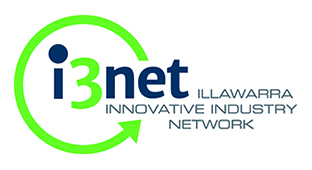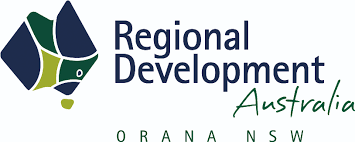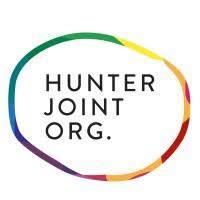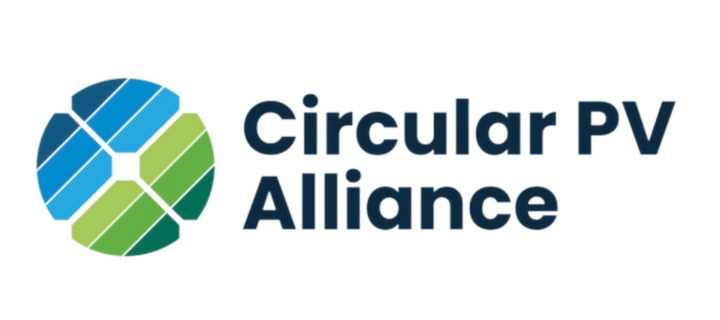Online course - Indigenous Cultural Heritage Management: Australian resources sector
Participants learn about cultural heritage management (CHM) principles, relevant legislation and standards as they apply to an operating extractives site and the broader areas of impact.
Course convenor: Dr Sarah Holcombe - Sarah's research focuses on the social dimensions of mining, mine closure, and broadly the anthropology of the local Indigenous / extractive sector interface.
Course coordinator: Lynda Lawson
Delivery: Online, 15 hours in 3 modules with a live introductory session and a final wrap up session with Q&A. The content will be delivered using UQ’s edX on line platform with short lectures, readings, case studies and interactive and reflective activities.
Cost: $2000 (excl GST)
Participant Profile: Professionals, trades, management and consultants engaged in the resources sector
Overview: The course will address the foundational processes, practices and requirements for ensuring that cultural heritage is managed effectively and respectfully throughout the life of an operation. The course will draw upon a diverse range of Australian good practice approaches, practical approaches, practical examples and international standards. This three week course includes opportunities to learn from experts in the field, Indigenous leaders and from each other via interactive activities.
Speakers:
- Professor Bronwyn Fredericks - Pro-Vice-Chancellor Indigenous Engagement, UQ
- Vanessa Elliot - Social and economic development specialist
- Associate Professor Nick Bainton - Anthropology of large-scale resource extraction, UQ
- Rodger Barnes - Indigenous engagement and participation, UQ
- Dr Kelsey Lowe - Archaeological Heritage, UQ
Learning Objectives
Participants learn about cultural heritage management (CHM) principles, relevant legislation and standards as they apply to an operating extractives site and the broader areas of impact. This course is relevant to all stages of an operations life, including exploration.
- Gain a practical understanding of the value of working constructively and respectfully with cultural heritage custodians
- Acquire initial tools and skills to enhance social performance in CHM with the aim of ‘democratising’ the CHM process to enable wider community participation
- Establish a network of peers for knowledge-sharing and support.
Learning Outcomes
At the end of this course participants will have developed the ability to be able to:
- Recognise both the intrinsic and business value of a cultural heritage management plan (CHMP)
- Understand tangible and intangible aspects of CH in the context of Indigenous Australia
- Distinguish between compliance drivers and more nuanced approaches to CHM
- Ensure that the cultural heritage management requirements of protection and mitigation are met
- Understand key elements of a stakeholder engagement plan
- Identify the native title holding representative bodies or other collective structures representing Indigenous interests.
- Select and engage third-party expertise and support for CHM
- Prepare a scope of works for CHM related projects and articulate the business case for the need to undertake CH work.















